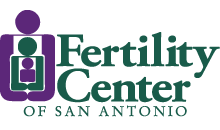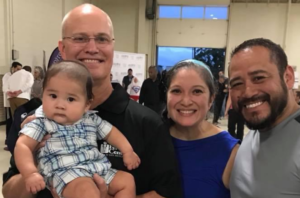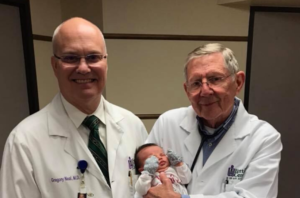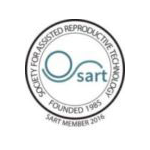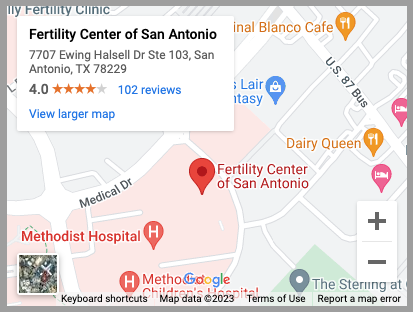
There are numerous health conditions that can affect male or female fertility. One condition that commonly affects women across the United States is endometriosis. While it is not impossible for a woman with this condition to conceive naturally, endometriosis can significantly impact fertility.
At the Fertility Center of San Antonio, we offer a wide range of services to address the causes of infertility. One of our most popular treatments is in vitro fertilization, or IVF. IVF for endometriosis allows our San Antonio, TX, patients to bypass many of the complications associated with endometriosis so that they have a greater chance to become pregnant.
How Endometriosis Impacts Fertility
The uterus is lined with endometrial tissues that build up throughout a woman’s menstrual cycle. For women who have a healthy reproductive system, endometrial tissues are released when a woman starts her period. Unfortunately, many women suffer from endometriosis. When a woman suffers from endometriosis, endometrial tissues become displaced.
Displaced endometrial tissues may grow within the uterus, outside of the uterus, within the fallopian tubes, within the ovaries, or on other organs. Displaced endometrial tissues bleed while a woman is menstruating, but they will not be released. Remaining tissues can result in cysts, growths, scar tissues, or inflammation.
Depending on where endometrial tissues have formed and what type of inflammation or scarring results, it can significantly impact a woman’s ability to conceive. Endometriosis may interfere with ovulation, create blockages within the fallopian tubes, or cause damage to eggs or sperm that are exposed to an inhospitable environment.
How Can IVF Help?
IVF is one fertility treatment that may be particularly effective for women with endometriosis. In vitro fertilization is an assisted reproductive treatment that bypasses many of the most common complications of endometriosis.
IVF addresses ovulation problems because it involves ovarian stimulation that encourages the production and release of multiple mature eggs. During IVF, collected eggs are fertilized in a laboratory setting. This process minimizes the risk of sperm or egg damage due to endometriosis. Finally, once eggs have been successfully fertilized, selected embryos are transferred directly to the uterus. Embryo transfer bypasses the fallopian tubes, where blockages from endometriosis are common.
The IVF Process
Those of our San Antonio patients who are ideal candidates for IVF treatment will go through a multi-step process.
IVF begins with ovarian stimulation. A series of fertility drugs will be used to trigger ovulation and encourage the production of multiple eggs.
Based on the time of ovulation, we will schedule egg retrieval. During this procedure, mature eggs will be collected with an aspirator that is passed through the vaginal canal. Ultrasound will be used to guide our doctors so that all mature eggs can be retrieved.
In our laboratory, collected and washed sperm samples will be introduced to the eggs that have been retrieved. Over the next several days, these eggs will be monitored for successful fertilization.
Finally, we will select the number of healthy embryos to be used in the embryo transfer process. Selected embryos will be transferred via catheter. Embryos will pass through the vagina and cervix so that they can be deposited directly into the uterus, where they may implant to the wall and result in a successful pregnancy.
Schedule an Appointment
If you have been trying to conceive for a year or more without success, it is time to consider a fertility evaluation. To discuss your concerns with the experienced team of doctors at the Fertility Center of San Antonio, call (210) 692-0577 and schedule an appointment at your earliest convenience.
